The One Big Beautiful Bill, Explained
We break down the House GOP’s One, Big, Beautiful Bill—a sweeping tax package designed to extend key parts of the 2017 Tax Cuts and Jobs Act before they expire in 2026.
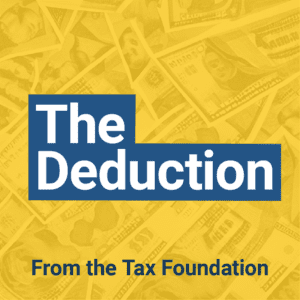
Welcome to The Deduction, a Tax Foundation podcast and your guide to the complicated world of tax and economics.
From the impacts of tariffs and trade wars to debates over who pays and how much, each episode, our experts untangle another aspect of the tax code.
Apple Podcasts Google Podcasts Spotify
Castbox Stitcher Amazon Music RSS Feed
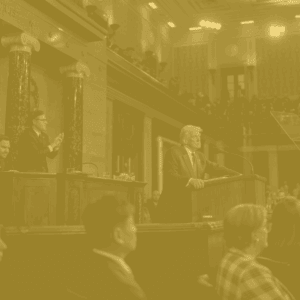
We break down the House GOP’s One, Big, Beautiful Bill—a sweeping tax package designed to extend key parts of the 2017 Tax Cuts and Jobs Act before they expire in 2026.
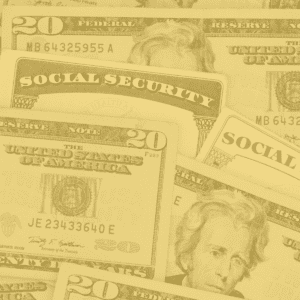
What happens when the country’s most important retirement program runs out of money? Social Security faces a funding crisis by 2035. We unpack how the system works, why it’s in trouble, and what fixes could keep it afloat.
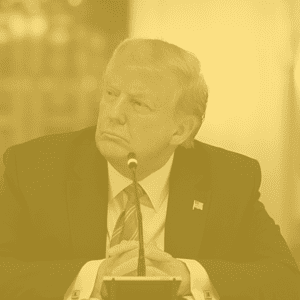
Do tariffs really level the playing field, or are they just bad economics? In this emergency episode, we fact-check the Trump administration’s claims that retaliatory tariffs make trade fairer.

With property tax bills on the rise, homeowners are searching for answers—and some even want to abolish the tax altogether. In this episode, we break down why property taxes are increasing, common but flawed solutions, and why the property tax remains an economically efficient revenue source.
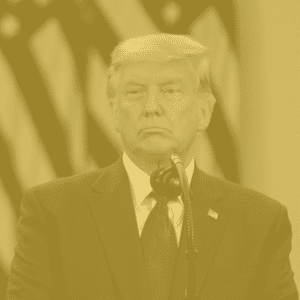
Can tariffs truly replace income taxes in today’s economy? In this episode, we examine the bold and controversial proposal from former President Trump to replace income taxes with tariffs. What would this dramatic shift mean for everyday Americans, particularly those with lower incomes? And would it actually work?

Financial literacy is a problem that educators around the country are trying to tackle. Today, we’re speaking with Jed Collins, a former NFL player, who is leading the charge in the financial education arena by guiding high school and college students, as well as professional athletes, through the world of finance.

On this “not-so-heavy-on-the-policy” episode, our much-beloved host, Jesse Solis, is joined by the Deduction’s Senior Producer, Dan Carvajal, and Marketing Associate, Kyle Hulehan, to share some bittersweet news.

The past few years have brought a renewed push from countries across the globe to combat climate change. In the European Union, policymakers have put a timeline on their climate agenda. By 2050, the EU wants to achieve a net-zero economy. Sean Bray, director of European policy, breaks down how much it would cost to achieve this goal.
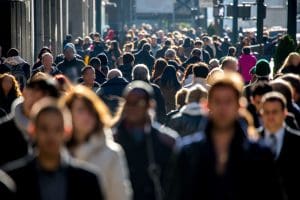
When we discuss tax policy, the conversation inevitably turns to who pays, who should pay, and how much they should pay. Unfortunately, the tax burdens debate is often missing a key point: how income transfer programs—like Social Security or Medicaid—affect households’ tax burdens.

The tax base around the world is shrinking for traditional excise taxes, including taxes on tobacco, alcohol, and motor fuel. But newer excise taxes on things like carbon, cannabis, and ride-sharing are on the rise. What makes a good design for these taxes and where may excise taxes go in the future as the traditional “sin tax” base continues to shrink?

The FairTax, on paper, sounds simple. But when you pull back the curtains, this proposal leads to more questions than answers.
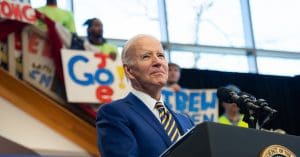
The White House says this budget will reduce the deficit, strengthen Medicare, and will only target the well-off. But are those claims true? Erica York, senior economist, walks through the details with Jesse. They discuss what the economic impact of this budget would be and what parts stand a chance at actually becoming law.

Affordable housing is an issue that has had long-standing bipartisan interest in D.C. But the path to increase the supply of affordable housing, though often well-intentioned, has created a bureaucratic nightmare.

Levied in thousands of cities, counties, school districts, and other localities, local income taxes are often used to either lower other taxes (like property taxes) or raise more revenue for local services. While they may make sense on paper, local income taxes come with more challenges than other local revenue sources.
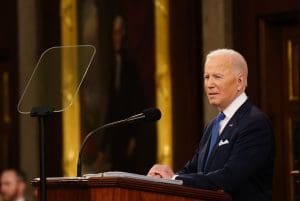
President Biden shared his policy aspirations during the State of the Union address, outlining three tax proposals in his remarks: quadrupling the brand-new excise tax on stock buybacks, instituting a “billionaire minimum tax,” and extending the now-lapsed expanded Child Tax Credit. We discuss the prospects of major tax changes becoming law in a divided government and what these proposals signal about how President Biden thinks about tax policy as he enters the latter half of his first term.
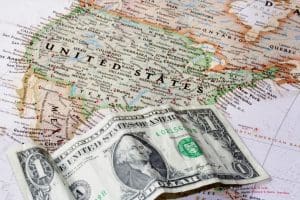
Since 2021, 43 states have provided substantial tax relief for taxpayers and businesses. But this year, a new trend has emerged in the opposite direction: a push for states to tax investment. Jared Walczak joins Jesse to discuss how wealth tax proposals to higher capital gains income taxes would affect investment, job creation, and migration between states—and why they’re happening now.

Erica York, senior economist at the Tax Foundation, joins Jesse to discuss how the book minimum tax came to be, if it will really stop companies from paying zero in taxes, if the new Republican House will revisit this debate, and what the tax’s impact will be on jobs and economic growth.

When it comes to international economic competition, people often frame the argument as the U.S. versus China. But across the Atlantic, nation-states in the European Union have been working hard to show the world that they deserve to be considered an economic force. Rising up to this challenge for the EU is easier said than done.

Tax Foundation recently announced that Daniel Bunn is our new president and CEO. In this special episode of The Deduction, Daniel chats with Jesse about how he got into tax policy. They discuss his time in the Senate, his plans for Tax Foundation’s future, and even his obsession with smoking meats.
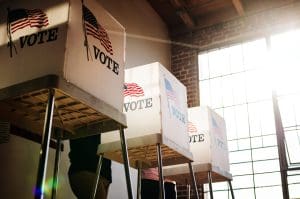
The 2022 midterm elections are wrapping up, and taxpayers are looking at a divided Congress for the next two years. Senior Policy Analyst Garrett Watson sits down with Jesse to give a quick analysis of what these elections mean for tax policy.
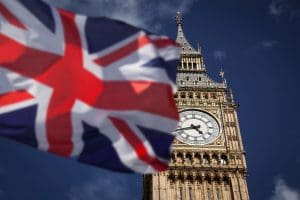
This episode of The Deduction is part one in our ongoing coverage of the UK’s tax battles. Jesse chats with Tom Clougherty, research director and head of tax at the Centre for Policy Studies in London about what went down in the UK this fall: from the leadership elections to the countless U-turns the new prime minister has made to try and reform the country’s tax code.

From the Tax Cuts and Jobs Act in 2017 to the Inflation Reduction Act, signed into law just this summer, lawmakers across the political spectrum are often tempted to implement temporary tax reforms. Garrett Watson joins Jesse to discuss the pros and cons of writing tax laws that have an end date and why we find ourselves having a debate at the end of each year about so many temporary provisions.

Maine has blueberry taxes. Alabama has mosquito taxes. Each state and county has its tax quirks. But when state and local governments want to raise revenues, there are four key taxes they turn to.

The Inflation Reduction Act includes a book minimum tax, which is raising the eyebrows of accountants everywhere. Scott Dyreng, a professor of accounting at Duke University, and Daniel Bunn join Jesse to discuss how these minimum taxes work and how companies aim to comply with all these new complex rules and tax increases.

The Internal Revenue Service (IRS) finds itself under fire often. Outdated technology, millions of unanswered calls, and cafeterias full of paper returns—it’s clear that America’s tax collector needs improvement. Jesse is joined by Courtney Kay-Decker and Jared Ballew, chair and vice chair (respectively) of the Electronic Tax Administration Advisory Committee (ETAAC). They discuss ETAAC’s annual report that lays out what the IRS is doing right, and what it’s doing wrong, as the agency continues to see its duties grow.
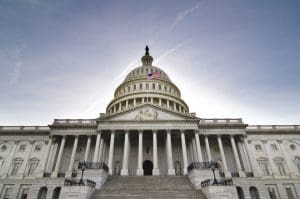
The House of Representatives is set to pass the Inflation Reduction Act, the latest iteration of President Biden’s tax and climate agenda. Garrett Watson joins Jesse to discuss what sacrifices were made by key lawmakers to bring this bill to the finish line. They also look at what the economic impact of this proposal would be as the country continues to face historic rates of inflation.